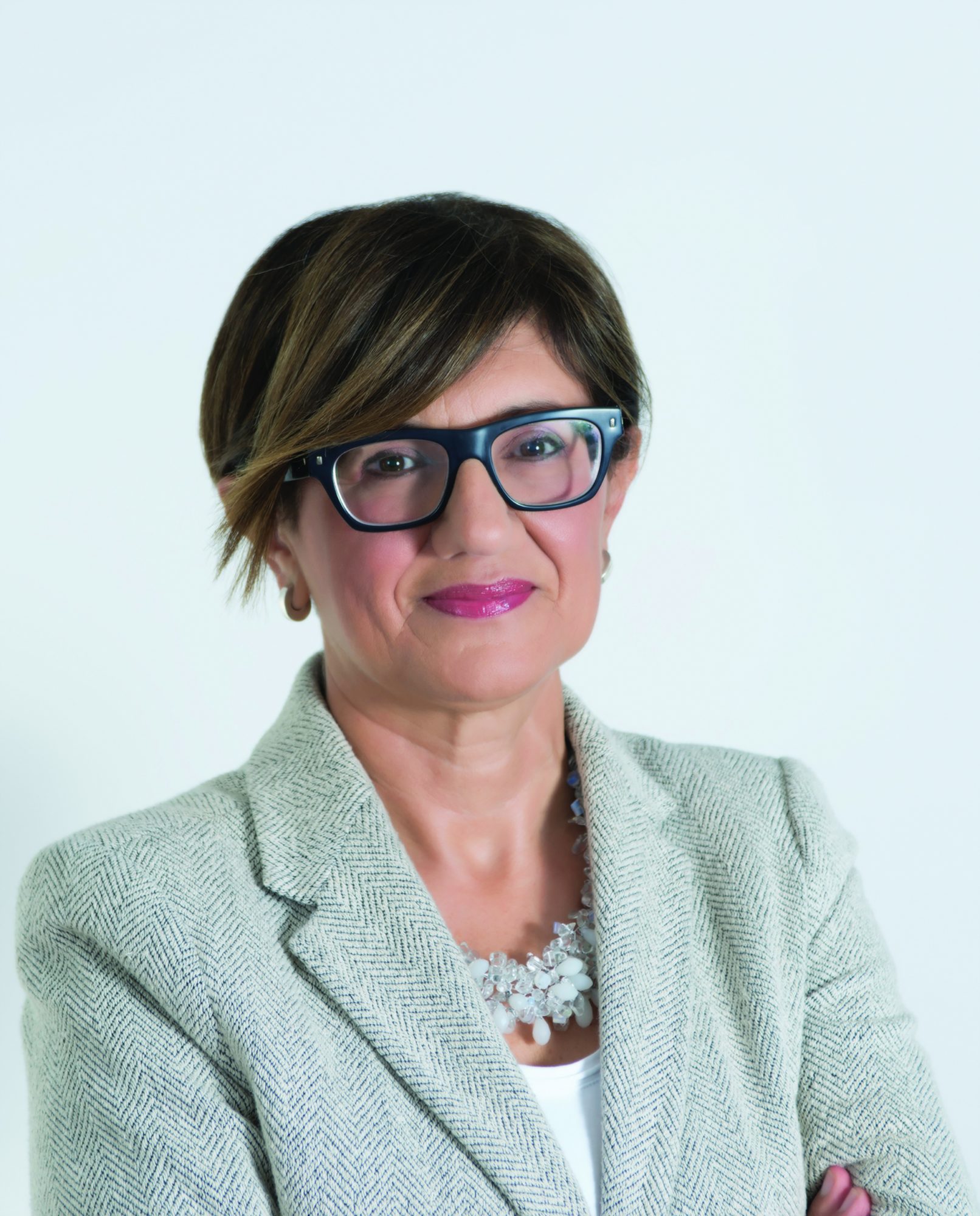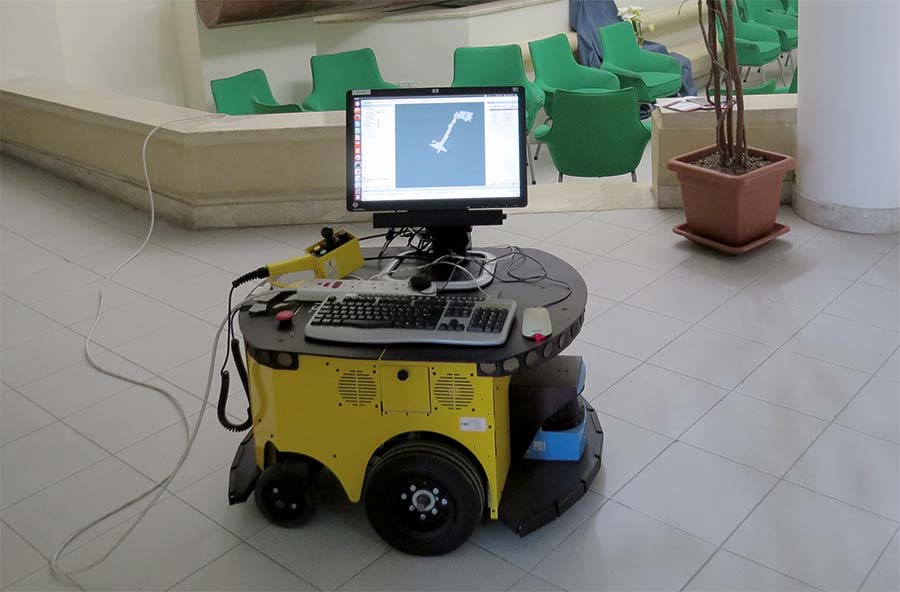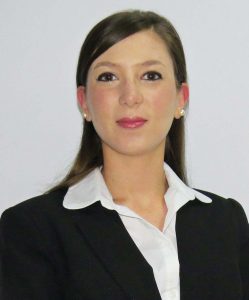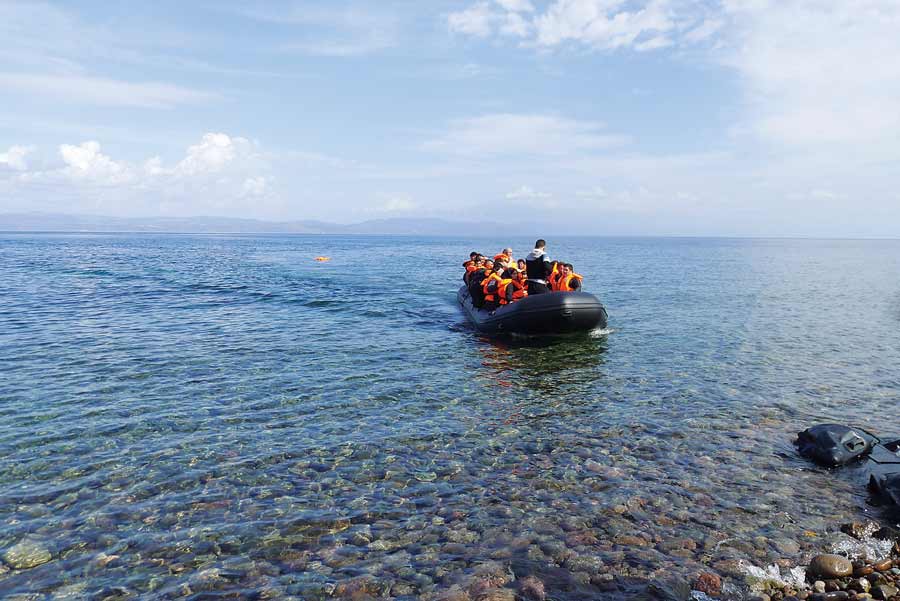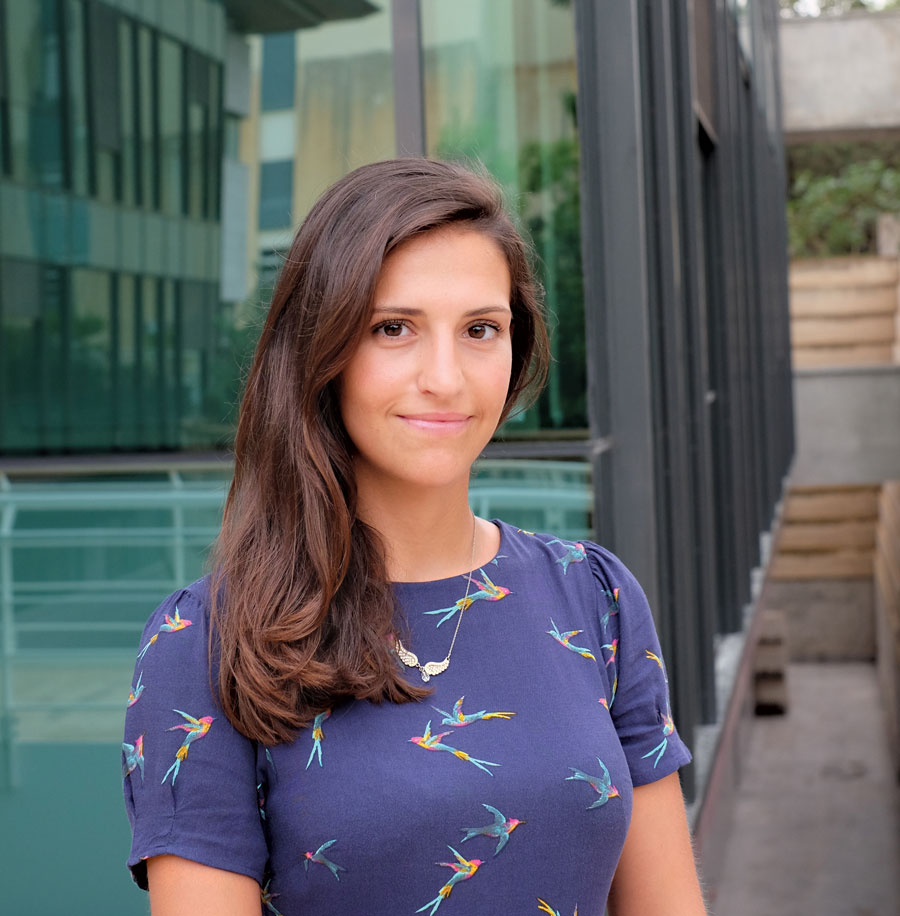The taxes of every citizen in the European Union (EU) contribute to the EU’s immense budget, and measures are needed to ensure these funds are used properly. Benjamin Charles Cassar talks to Prof. Ivan Sammut and Dr Jelena Agranovska, who are studying the effectiveness of such measures at a national level.
The EU’s Institutions operate throughout the continent on a massive scale, and in the 51 years since its conception, the scope of the EU has expanded to affect each and every one of our daily lives. The world would be very different without the Union.
But this progress has not been without its hiccups. As Brexit’s deadline creeps closer, other countries, such as Hungary and Poland are experiencing political turbulence and rising Euroscepticism. Come the European Elections in May, these issues will bare their teeth.
Despite this, the EU has had momentous victories in its pursuit of continental integration. Take, for example, the Common Market allowing for easy trade, the Schengen jurisdiction that simplifies travel, and the much-lauded mandate for free data roaming. The EU has also been moving towards harmonising its efforts to protect its financial interests.

In view of this, over the past few months, Prof. Ivan Sammut and Dr Jelena Agranovska (Faculty of Laws, University of Malta) have been leading the Hercule Project, a comparative study that looks into the implementation and enforcement of European Criminal Law. Together, they are investigating the development of legislation, focusing on the recent PIF (Protection of the Union’s Financial Interests) Directive. The aim is to increase people’s confidence in EU institutions and ensure that funds are managed transparently and appropriately.
Apart from the legislative side, the study will also look into the bodies that work to protect the EU’s (and thus all its citizens’) financial interests—namely the European Public Prosecutor’s Office (EPPO), the European Anti-Fraud Office (OLAF), and Europol.
To this end, Sammut and Agranovska selected 12 countries based on their size, geography, and legal system to gauge each state’s reception of European legislation. These countries include Germany and Malta, among a number of others.
Each country report is being handled and written up by a local expert, with the team at the University of Malta offering guidelines and template questions. However, in practice, each team is given free reign on how to conduct their studies, as long as they stay true to purpose.
Recently, I had the opportunity to sit down with Sammut and Agranovska. They offered insight into its reasoning as well as the practical implications for citizens uninitiated in the intricacies of European law—myself included.
‘It affects everyone at the end of the day,’ Sammut notes. With blockchain and cryptocurrencies rapidly gaining interest, financial and IT crime protection are becoming more relevant to everyday life. ‘However, many times member states are only concerned when there is fraud with their own sources,’ Sammut continues. The PIF Directive will fit into existing national legal systems and balance out the field.
The project so far has revealed discrepancies in the uptake of legislation between Member States. Unsurprisingly, Sammut is quick to point out Germany as being at the forefront of implementation. Indeed, Angela Merkel is very proactive in most EU-level discussions. However, states such as Lithuania continue to lag behind, with standards seemingly lower than the rest of Europe. The election cycle can also complicate matters, as is the case with Poland. Initially eager to be part of EPPO, since their elections, this has become increasingly unlikely, with the Law and Justice Party consistently at odds with the European Union.
Diving deep into the implications for each state is impossible. However, the team noted these differences in implementation during a one-day workshop held in Valletta in October, when rapporteurs from each of the 12 participating countries came together to discuss their findings thus far.
Dr Stefano Filletti, Malta’s rapporteur in the study, points out the issue with parallel administrative and criminal investigations. As things stand now, OLAF begins an administrative investigation, passes on the information to the Attorney General’s office, who in turn prompts the Maltese Police Force to begin its own investigation. This criminal investigation works independently of the previous administrative investigation, disregarding its findings and starting anew. The problem is efficiency. The two investigations should be synthesised, working in tandem, particularly because when investigating activities with a financial interest, speed is key. Dual investigations work against this goal. Filletti notes that while the PIF Directive should keep this goal at heart, it instead focuses on the definitions of offences, while remaining ‘completely silent’ on recovery.
Filletti notes the language barrier as one obstacle. For example, the Italian term sparizione dei soldi literally translates to ‘disappearance of funds’. However, this does not correlate to any Maltese law. So should we consider it as related to fraud? Or perhaps misappropriation?
Prof. Jaan Ginter of Estonia echoes Filletti’s concerns on dual administrative and criminal investigations, raising the issue of non bis in idem, or double jeopardy. This relates to the concept that a person should not be tried twice for the same crime, which the PIF directive seemingly ignores, allowing for concurrent administrative and criminal proceedings.
Harmonisation of penalties is also a concern for Ginter, as in some Member States (particularly Eastern members) a €1,000 penalty would be deemed steep, while others, such as Germany or Luxembourg, would see it as negligible.
In France, Dr Araceli Turmo notes that while politicians, judges and practitioners are approaching the legislation positively, a multitude of agencies need to show a more coordinated effort.
Agranovksa, serving a dual role as Latvia’s rapporteur, expects PIF Directive implementation to go smoothly, as many of its provisions are already in place. However, money laundering remains rife in the country, with the accusation this year that ABLV, Latvia’s third largest bank, has been perpetrating large-scale money laundering. Following the scandal, a law was urgently implemented outlawing shell companies. Further implementations will follow, and they are unlikely to encounter much opposition.
The general consensus remains that most national legal systems are not adequately prepared to take on European Law. However, this is partly why this study is taking place—to give states the tools they need to equip themselves.
Sammut, Agranovska and their European counterparts have barely scratched the surface, and the implications of their work will certainly go far in understanding the limitations of the EU’s Member States. While the EU is faced with the immeasurable task of legislating for an incredibly diverse membership, it cannot continue going from strength to strength without considering this reality. Member states are not on a level playing field, and everyone needs to work together to adapt to this reality.
Note: In June 2019, Sammut and Agranovska will be discussing the implications and scope of the study at a conference entitled
EU & national criminal law in Fraud, Corruption, Blockchains: friends or foes? For more information, email Elisa Attard on elisa.attard@um.edu.mt.



